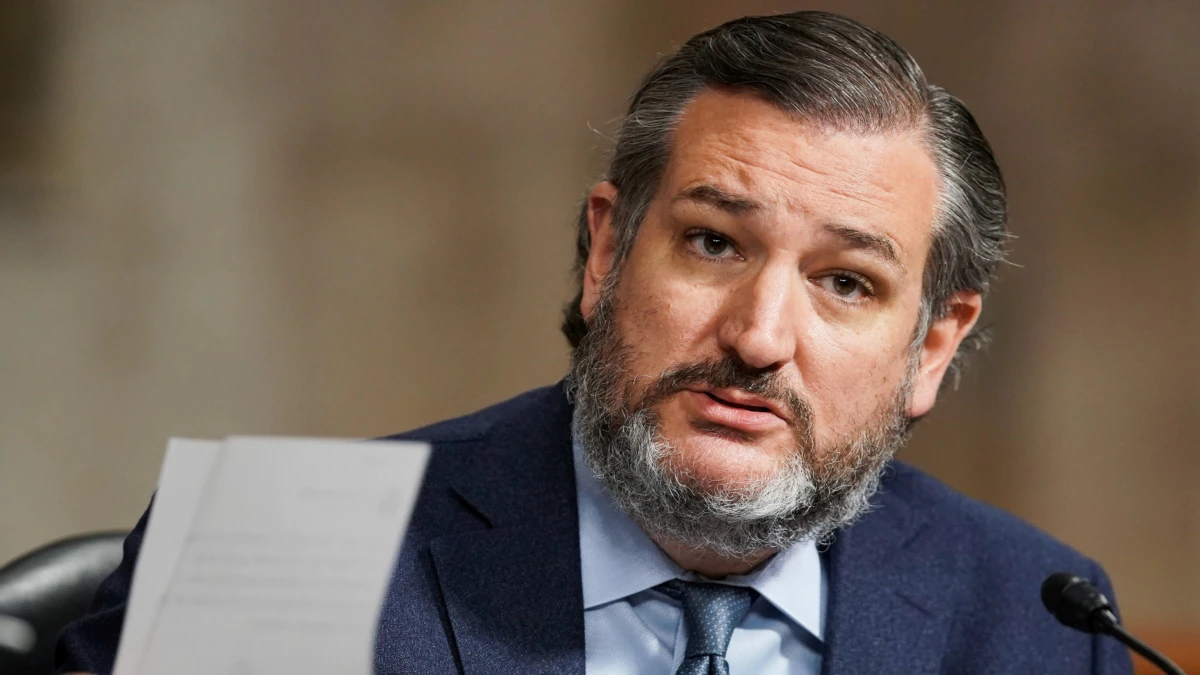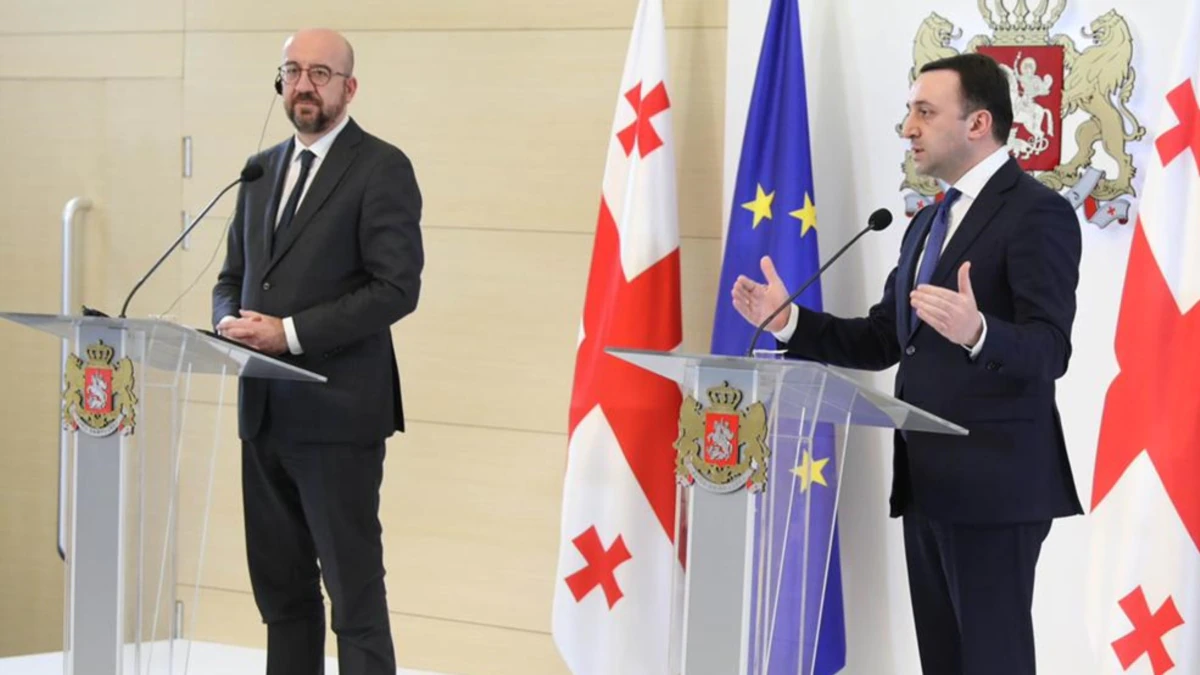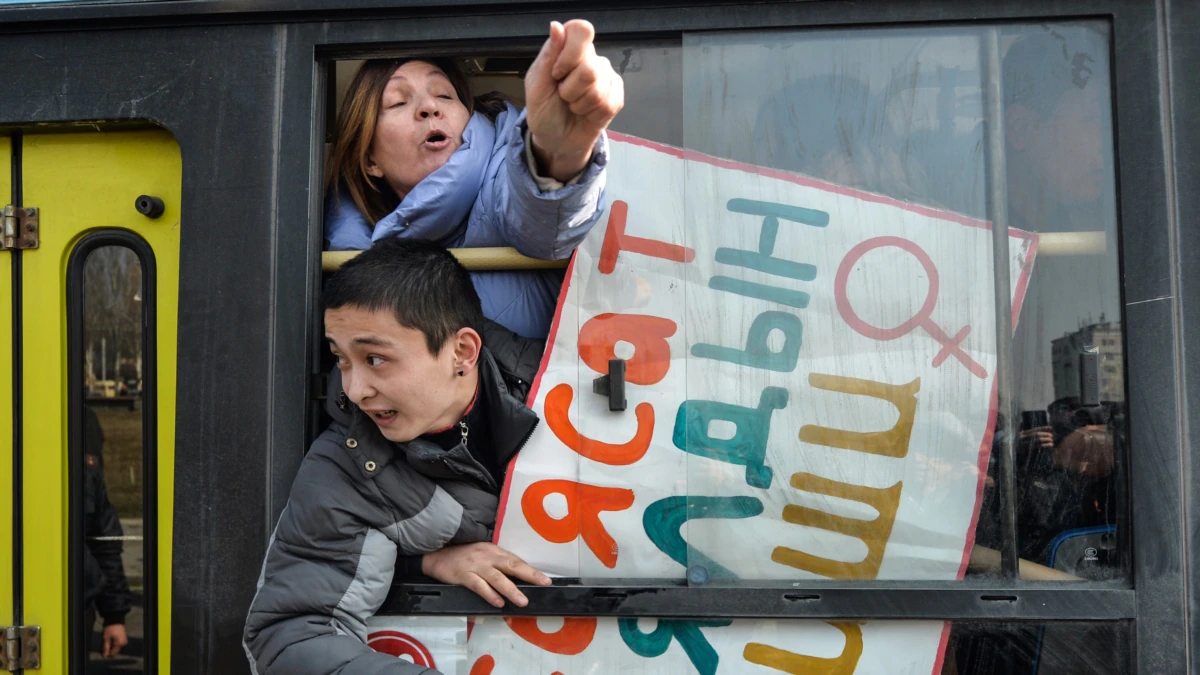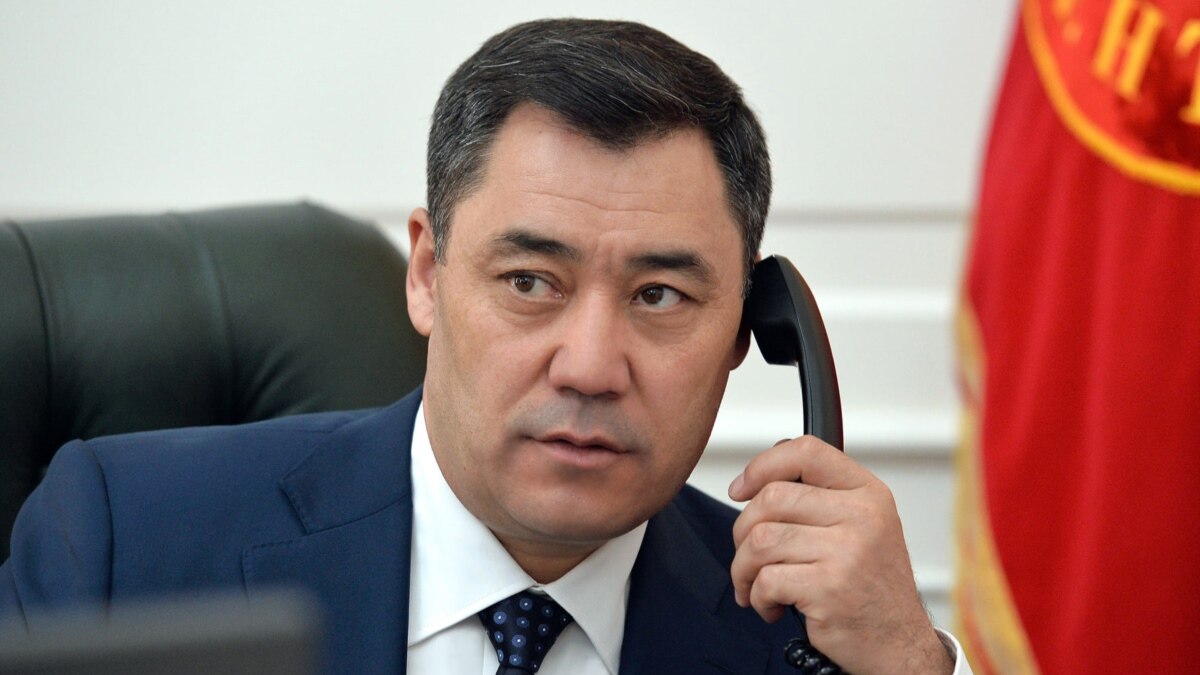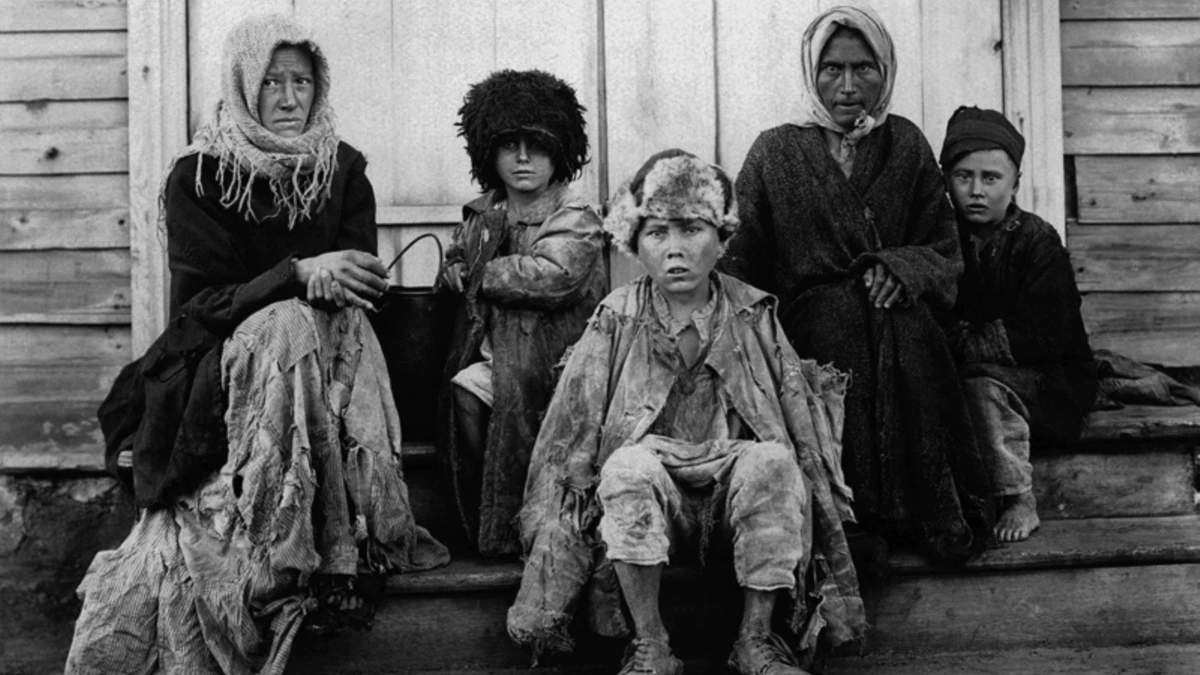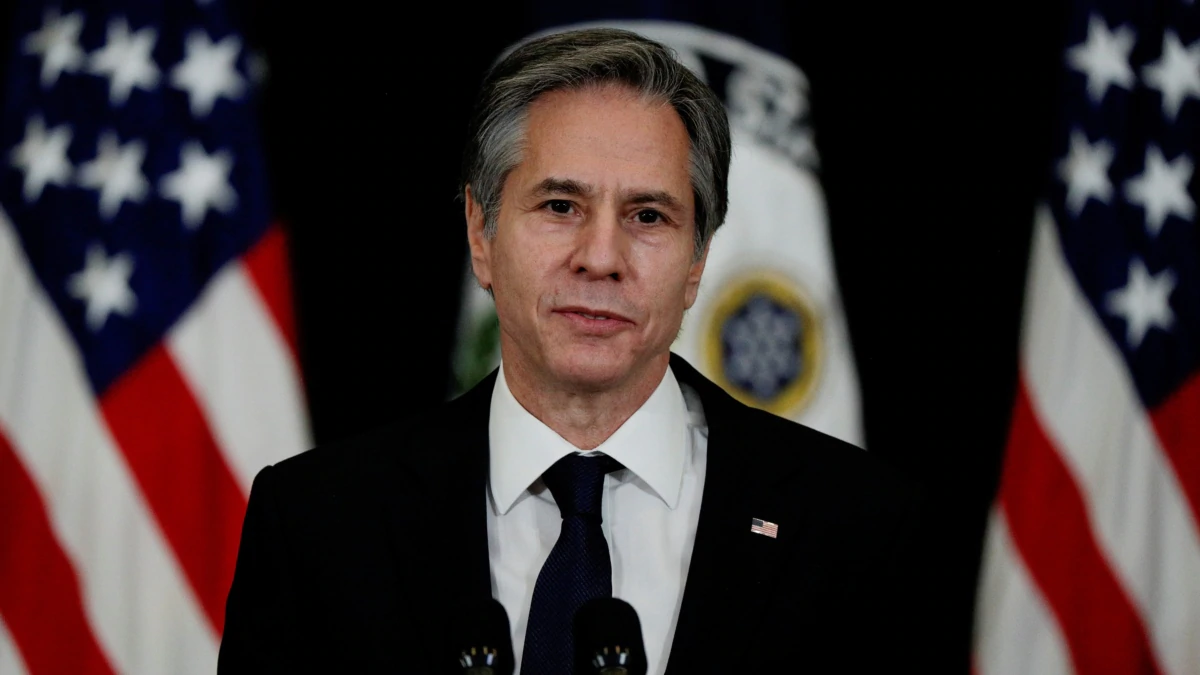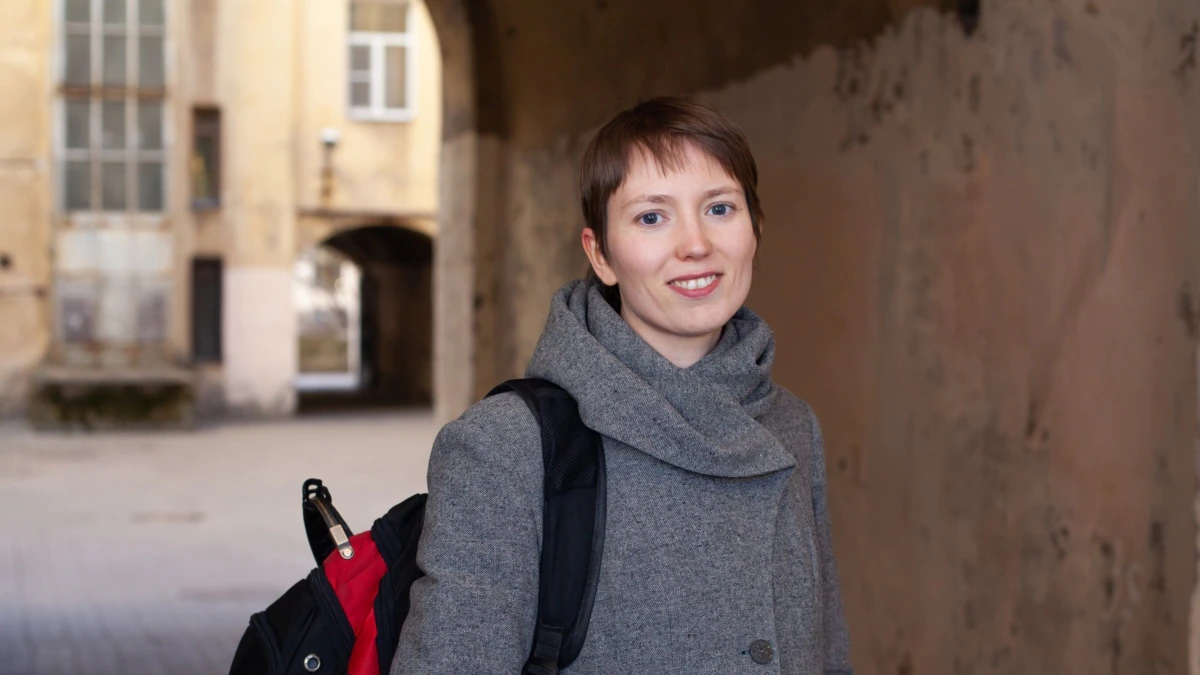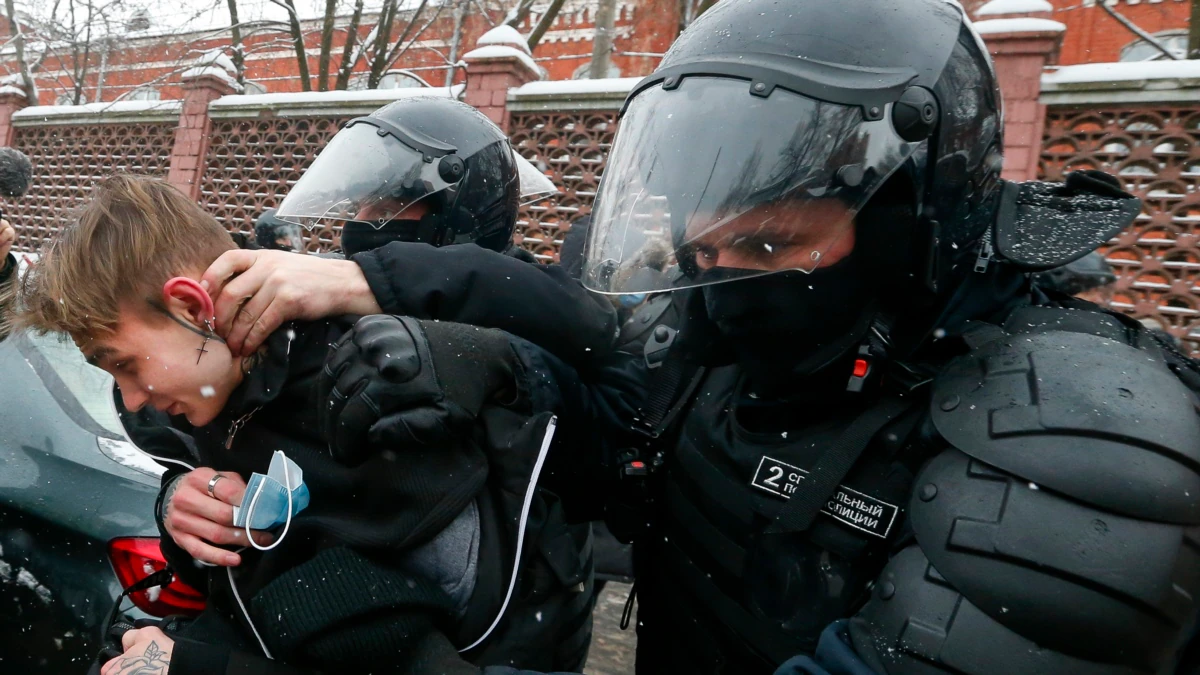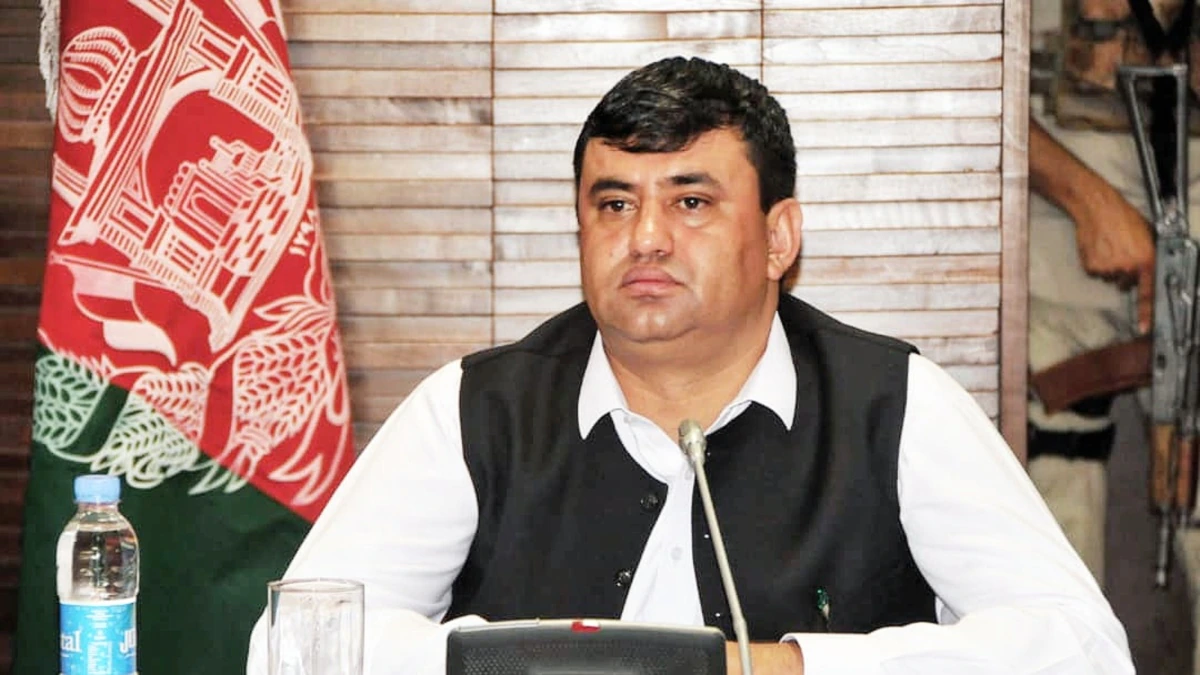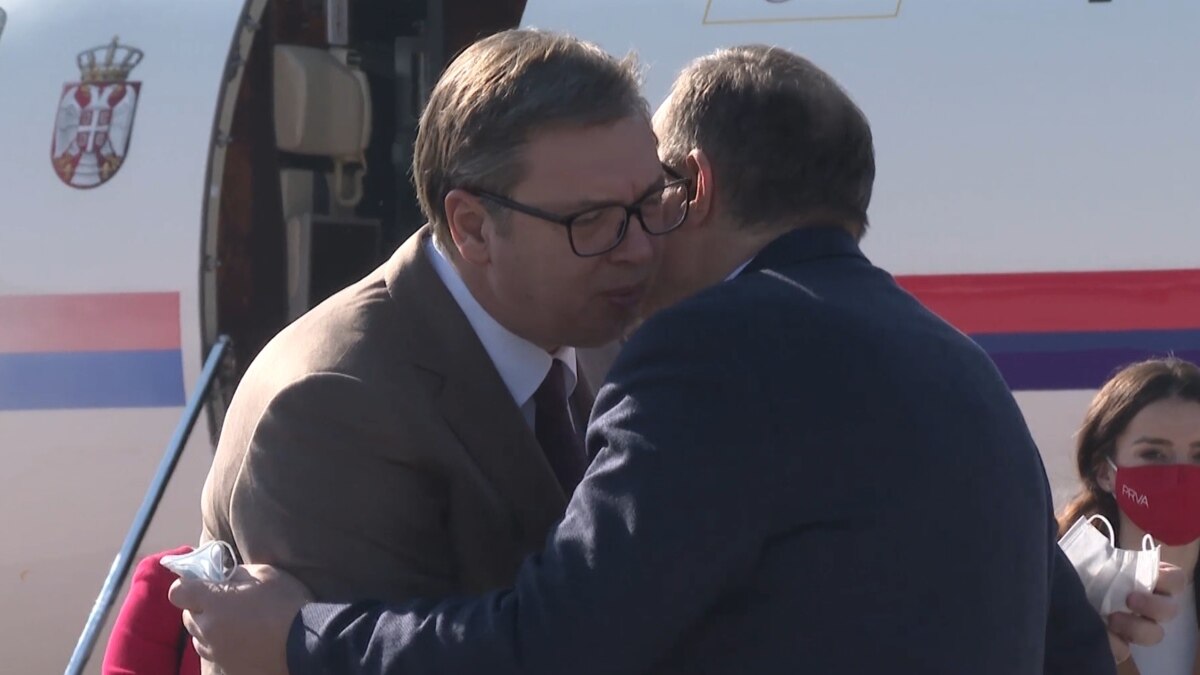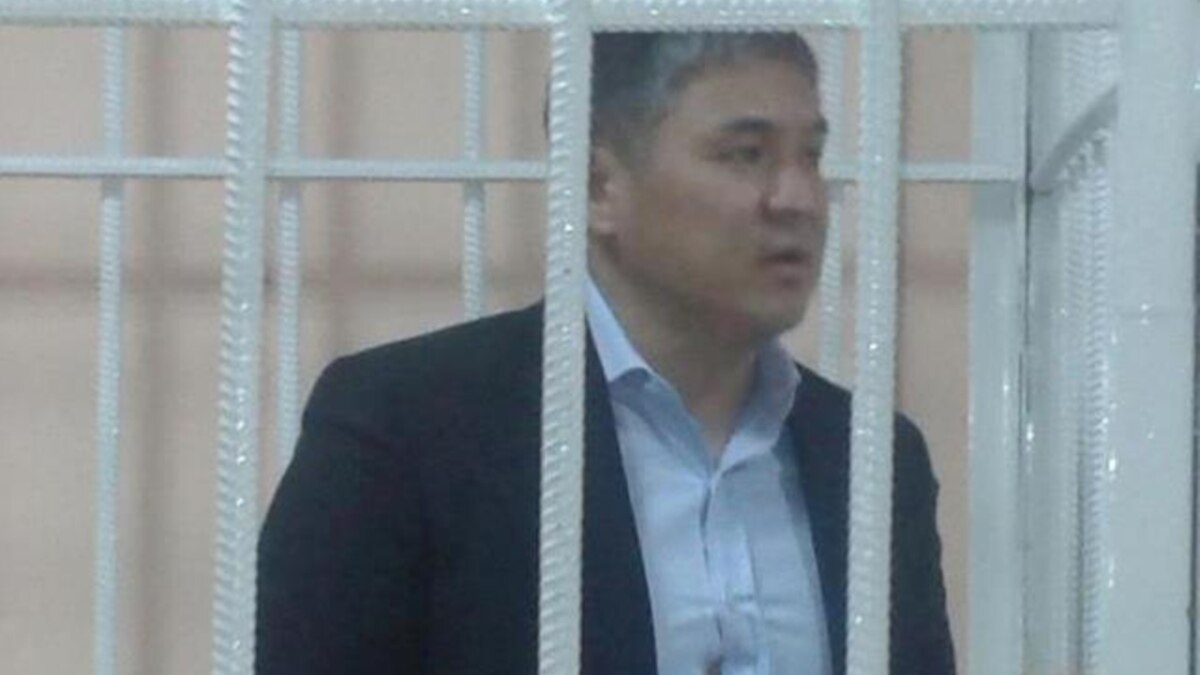Dismissed by Alyaksandr Lukashenka as too fragile to run Belarus, women have been at the vanguard of the pro-democracy movement that has swept the country since the disputed presidential election on August 9, 2020.
It’s a Belarusian development that has fueled a growing global trend, explained Oksana Antonenko, director of the London-based Control Risks Group and fellow at the Kennan Institute at the Woodrow Wilson International Center for Scholars in Washington.
“Women are playing an increasingly important role in political activism around the world, and the Belarus example has provided a great inspiration to other regions, including the latest protests in Russia, Thailand, and now Myanmar [Burma], where many participants are women,” Antonenko told RFE/RL in e-mailed comments. “Women-led protests are more likely to remain peaceful and connect with entire societies, their fears and aspirations. It is also great to see that these protests are creating a new generation of female leaders and politicians who can revive trust in democratic institutions.”
Here are six women in Belarus who are not only making a difference, but have paid a high price for it:
Svyatlana Tsikhanouskaya
It was not Svyatlana, but her husband, Syarhey, who was expected to be among Lukashenka’s more credible challengers in the August 2020 poll. Syarhey Tsikhanouski had thousands of followers of his corruption-busting YouTube channel A Country For Life, and crowds heeded his call by showing up at rallies with slippers in hand to squash the “cockroach” Lukashenka.
But after her husband’s arrest on dubious charges, it was Tsikhanouskaya — an English teacher and translator — who filled the void.
It was not an easy decision — in a June 2020 video she had said she was reluctant to challenge Lukashenka after receiving threats that her two young children would be taken away if she did. (They were eventually safely taken out of the country.)
Crisis In Belarus
Read our coverage as Belarusians take to the streets to demand the resignation of President Alyaksandr Lukashenka and call for new elections after official results from the August 9 presidential poll gave Lukashenka a landslide victory.
And at one of her early rallies, in July 2020 in Navapolatsk, the 38-year-old political novice stumbled a bit before apologizing to the crowd, explaining she had never seen so many people before.
But her confidence grew along with the size of the crowds, reaching numbers rarely if ever seen for any candidate in Belarus. From the beginning, Tsikhanouskaya made it clear she was only in the race to force a repeat election that would include all banned candidates.
Shortly after an election-day showing that led her and her supporters to declare victory, she left for neighboring Lithuania after another apparent threat to her children.
From there, she has reached out to European and other leaders to shore up support for the pro-democracy movement back in Belarus and call for action to punish Lukashenka, now deemed an illegitimate leader by much of the international community.
Tsikhanouskaya spearheaded the creation of the Coordination Council to navigate Belarus toward democratic shores. But most of its top members on the presidium were either arrested or fled Belarus. It wasn’t the only setback for Tsikhanouskaya. Her calls for a national strike in October never gained traction, in part due to threats to employees at state-run factories if they joined and firings of many of those who did.
On January 18, Tsikhanouskaya announced that she had requested the support of the Organization for Security and Cooperation in Europe (OSCE) to secure her safety when she returns to Belarus, and called for ONCE-facilitated talks between the European Union, Lukashenka, and the opposition to resolve the crisis.
Although crowds have dwindled due to winter weather and weariness in the face of an ongoing government crackdown, Tsikhanouskaya in Helsinki on March 3 predicted bigger and better-organized demonstrations against Lukashenka in the spring.
Tsikhanouskaya is among the more than 300 people who have been nominated for the 2021 Nobel Peace Prize.
Maryya Kalesnikava
Kalesnikava headed the presidential campaign of Viktar Babaryka, former chairman of the Russian-owned Belgazprombank, until it was derailed by his June 2020 arrest on embezzlement charges, which he and his supporters charge were a sham to keep him off the ballot.
Kalesnikava, 38, then teamed up with Tsikhanouskaya and Veranika Tsapkala, who headed the ill-fated campaign of her husband, Valer.
The trio were a hit on the campaign trail, drawing campaign crowds that grew in size as the August 9 presidential election approached. Tsikhanouskaya clenching her fist, Kalesnikava making a heart sign, and Tsapkala signaling a V for victory quickly became iconic symbols of the election.
“In Belarus 55 percent of voters are women — more than half. That means that our voice should be heard. In this way, they are trying to exclude us from the political process,” Kalesnikava told Current Time ahead of the vote. https://www.rferl.org/a/women-lead-the-charge-against-lukashenka-in-belarus/30743179.html
After the vote, which triggered an unrelenting and unprecedented wave of protests in Belarus, Kalesnikava was picked to serve on the presidium of the Coordination Council created by Tsikhanouskaya.
But as the authorities increasingly clamped down on the opposition, Kalesnikava was arrested in September and charged with calling for action aimed at damaging national security. On September 8, Kalesnikava was taken to the border with Ukraine, where she was to be forcibly deported. However, she foiled those plans by ripping up her passport, as was later recounted by two other Belarusian opposition activists who did pass into Ukraine.
On January 6, authorities extended Kalesnikava’s pretrial detention until March 8, which happens to coincide with International Women’s Day.
For her efforts, Kalesnikava was named one of the recipients of the 2021 International Women of Courage award, the U.S. State Department announced on March 4.
Kalesnikava, along with Tsikhanouskaya and Tsapkala, was also listed when the European Parliament’s 2020 Sakharov Prize for Freedom of Thought was awarded to Belarus’s democratic opposition.
Nina Bahinskaya
Bahinskaya has been a mainstay at protests in Belarus for decades, dating back to the Soviet days. “I was motivated by all the injustice — social, political, and national. And I said, ‘If you’re not a coward, if you’re not a slave, then you should defend your country and homeland,’” she said in an interview with Current Time, the Russian-language network led by RFE/RL in cooperation with VOA.
Bahinskaya, 73, is rarely seen at demonstrations without her flag, the white-red-white symbol of the short-lived Belarusian People’s Republic, which existed for about a year in 1918-19. The flag was effectively banned by Lukashenka but has become an omnipresent symbol of the opposition to his rule.
Bahinskaya, a great grandmother, cuts a frail but resolute figure amid the crowds protesting in Belarus.
In a video from late August 2020, Bahinskaya was seen struggling with riot police in Minsk, demanding they return the flag they had snatched from her.
In September, Bahinskaya was among hundreds detained at a mostly women’s demonstration in Minsk. Men in green uniforms and black balaclavas encircled female protesters who shouted, “Only cowards beat women!”
Katsyaryna Barysevich
Barysevich, a reporter for Tut.by, an independent Belarusian news website that the authorities have targeted in a crackdown on the media, was jailed after reporting information that contradicted the government’s version of events in the death of a protester.
Barysevich was arrested on November 19 after writing an article about Raman Bandarenka, who died several days earlier following a beating by a group of masked assailants.
Barysevich disputed the official claim that Bandarenka was drunk, citing medical findings that no alcohol had been detected in his blood.
The doctor who provided the lab results, Artsyom Sarokin, was arrested, tried, and convicted along with Barysevich, ultimately receiving a suspended two-year prison sentence and fine equivalent to $555 for disclosing medical information.
Barysevich was handed a six-month prison term and fined the equivalent of $1,100 for disclosing medical information and instigating a crime by pressuring a first responder to share information.
In late November 2020, Amnesty International recognized Barysevich and Sarokin as prisoners of conscience and demanded their immediate release.
Katsyaryna Andreyeva, Darya Chultsova
Andreyeva and Chultsova are among the growing number of independent Belarusian journalists who have paid a high price for plying their trade. The two reporters for Belsat, a Poland-based satellite TV station, were arrested on November 15 while covering a rally in Minsk to commemorate Bandarenka.
Belarusian authorities saw their presence differently and charged the two with “organizing public events aimed at disrupting public order.” A court in Minsk on February 18 found Andreyeva and Chultsova guilty and sentenced them to two years in prison each, sparking international condemnation, with EU foreign affairs spokesman Peter Stano denouncing it as a “shameful crackdown on media.”
“EU strongly condemns and calls for reversal of sentencing of Belsat TV Katsiaryna Andreyeva and Darya Chultsova for just doing their jobs. We call on Belarus authorities to respect fundamental freedoms and stop targeting journalists,” Stano said on Twitter.
The sentencing of Andreyeva and Chultsova is “one of many ways Belarus’s government has retaliated against journalists for reporting on peaceful protests and human rights violations,” Anastasia Zlobina, coordinator for Europe and Central Asia at Human Rights Watch, said in a February statement.
She said at least seven other journalists were behind bars in Belarus awaiting trial on similar criminal charges. The Belarusian Association of Journalists said in a recent report that 481 journalists were detained in 2020. It said that was twice the number of detentions over the previous six years combined.
This post was originally published on Radio Free.






